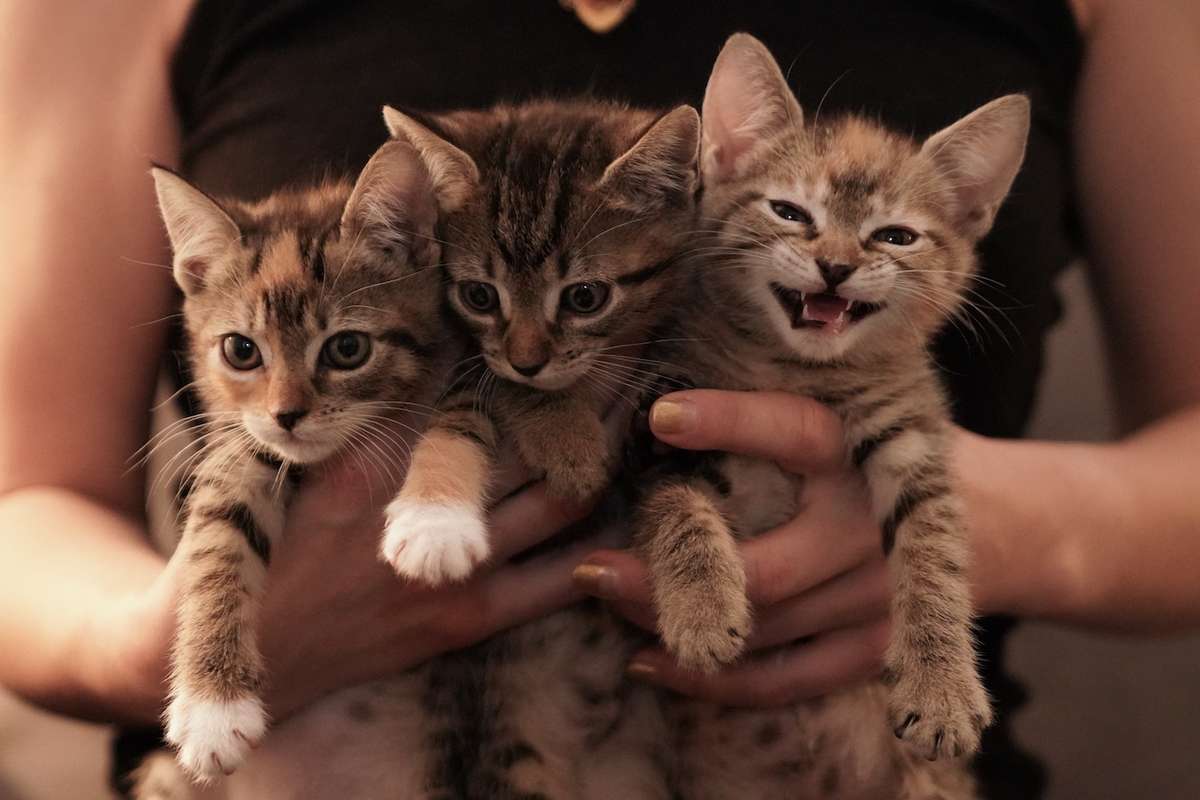We’ve all been there: you come home to find that your cat has had an “accident” outside the litter box. It’s gross, frustrating, and can feel like your cat is acting out.
But the truth is, your cat isn’t trying to annoy you – they’re likely trying to communicate.
Understanding why your cat might be avoiding their litter box is the key to resolving the issue and ensuring a happy home for both of you. Here’s a helpful guide from Lincoln Pet Volunteers to get you started.
Check for Potential Health Issues
If your cat suddenly stops using the litter box, it could be a sign of a health problem.
Conditions like urinary tract infections (UTIs), bladder stones, or kidney issues can cause pain or discomfort when urinating, leading your cat to avoid the box. If you notice frequent or painful urination, or if your cat is crying out in pain, it’s essential to visit the vet.
Rule out any medical issues first, because catching a problem early can save your cat from unnecessary pain and keep accidents to a minimum.
Keep It Clean
Cats are naturally clean animals, and their grooming habits are a testament to this. Just like you wouldn’t want to use a dirty bathroom, your cat feels the same way about their litter box. If you notice accidents happening, try increasing the frequency of scooping.
Aim to scoop out waste at least once a day and do a deep clean of the litter box every week. This simple change can make a big difference. If your cat sees their litter box as a clean, stress-free space, they’re much more likely to use it.
Helping Your Cat Adjust to New Environments
Cats can be sensitive to changes in their environment.
As such, moving to a new home, rearranging furniture, or even bringing in new pets can throw your cat off balance. In these situations, it’s normal for your cat to feel disoriented or stressed, leading to litter box accidents. When introducing your cat to a new space, try starting them in a small room with the litter box until they feel comfortable.
Give them time to explore and get used to the new surroundings. Patience is key – they just need a little time to settle in.
Choosing the Right Litter and Box
Not all cats like the same kind of litter or litter box. Some cats prefer unscented, fine-grain litter, while others might like clumping varieties or natural options like pine or paper. The type of box also matters.
If your cat has accidents, try experimenting with different styles. For example, some cats dislike covered boxes because they feel trapped, while others might prefer privacy. Older or declawed cats might need softer, more paw-friendly litter to avoid discomfort.
Keep experimenting until you find a combination that suits your cat’s needs.
Special Considerations for Declawed Cats
If your cat has been declawed, they might have a negative association with the litter box due to pain. Declawing can make digging in traditional litter uncomfortable, so consider using softer options. Small animal bedding made from soft paper materials can be a gentle alternative.
It may not be traditional litter, but it can make the experience less painful for your cat and help them feel comfortable using the box again.
Routine Changes for Maintaining Stability
Cats are creatures of habit. Even small changes in your household, such as a new family member, changes in your daily routine, or simply moving the litter box, can cause stress. If you’ve noticed a recent shift in your cat’s behavior, consider what might have changed in their environment.
Offer extra attention and comfort during these transitions to help your cat feel secure. Stability and routine can go a long way in preventing litter box issues.
Final Thoughts
When it comes to litter box problems, it’s easy to feel frustrated. But remember, your cat isn’t trying to be difficult. They’re likely dealing with discomfort, stress, or confusion. By taking the time to understand their needs, you can create a better environment for them and solve most litter box issues.
With patience, a little trial and error, and the tips above, you can get back on track and enjoy a cleaner, happier home with your feline friend.
For more support and tips on cat behavior, feel free to reach out to Lincoln Pet Volunteers. We’re here to help make life with your cat as smooth and enjoyable as possible!



